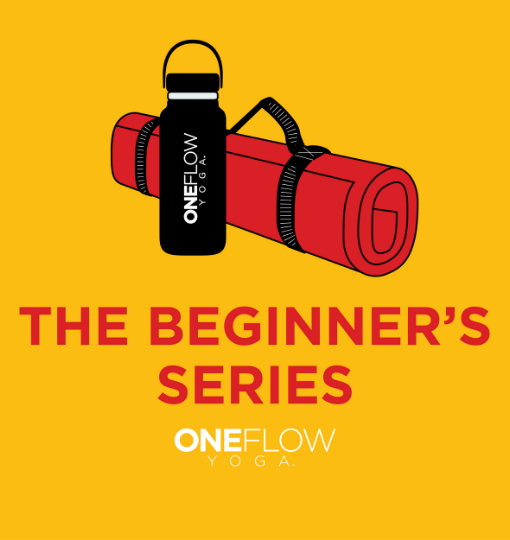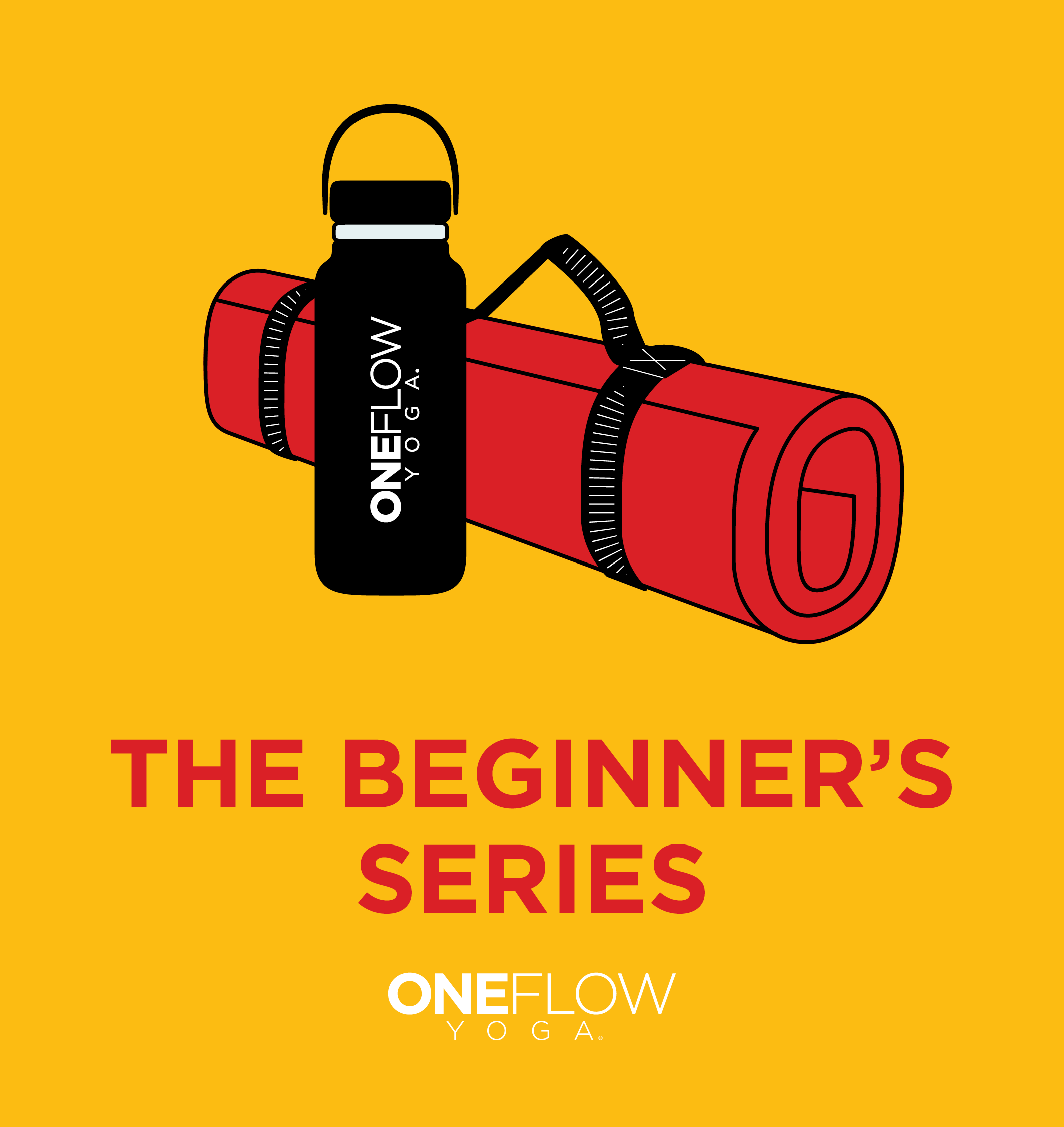Can you imagine yourself taking a teacher training? No. Perhaps that’s because you think it’s about teaching yoga. What if it was really about something else—about you?
Here are the 3 greatest myths and misconceptions about teacher training.
Myth #1 Teacher Training is About Teaching Yoga
If you’ve practiced yoga for even a brief period of time you’ve probably come to realize there is a lot more going on than simply “striking a pose”. While most of us might associate yoga with the physical practice (asana), the actual scope of yoga is HUGE and includes:
- Philosophy
- History
- Anatomy & Physiology
- Meditation
- Breath work (Pranayama)
- Mantra (Chanting)
Imagine yoga as a sphere where every practice touches, informs and gives insight to everything else. Even if all you ever wanted to do is practice asana, understanding the various facets will help you to have a richer and more meaningful experience.
A yoga class can reveal only so much.
This is where teacher training fits in.
Teacher training gives you a broad overview of yoga where you can make the connections and understand how this practice was meant to be used—to embrace who you are fully and free you from your fears, doubts and worries.
Is there another way to learn this? Yes and No. Over a longer period of time you could conceivably cobble together workshops on asana, anatomy, philosophy and delve into longer immersion experiences. Each would offer a snapshot of yoga but as a whole they wouldn’t fit together in a coherent, compatible manner.
In a thoughtful, well-designed teacher training each new teaching adds a layer of understanding that supports what has come before. It provides enough time to learn, absorb and reflect, but is short enough to keep its focus.
A teacher training also asks you to show up and make a commitment. The act of engaging in the work of self-exploration, week-after-week, allows you an unflinching look at the incredible being you truly are.
Teacher Training, though, isn’t simply a download of knowledge. The more important part is to put the ideas into practice. Trying again and again, with encouragement and support, in a positive, loving environment, makes all the difference.
Teacher training gives you the space, time and support to do the work.
Teaching yoga can be uncomfortable. However, when you realize the true discomfort comes from facing your old ideas and unhelpful thoughts and patterns, you soon see how it is an asset.
Teacher training can give you clarity. It can help to focus you on what’s really important to you. It’s a transformative experience because you can finally let things go and reclaim your truth.
Learning to teach yoga is the medium we use.
Self-awareness and self-acceptance are the true goals.
Myth #2 You Have to Have Practiced A Ga-Zillion Years to Take Teacher Training
If yoga teacher training provides the space to learn about and accept yourself, then Myth #2 dissolves quickly.
Who am I?
What am I doing here?
What is the nature of the world?
How shall I live my life?
These are the deeper questions we have about life—questions about our humanity and purpose.
Myth #2 can be reframed by asking, “How long do you have to have practiced yoga to start self-exploration?” The answer, of course, is you can start now.
Many reputable teacher trainings ask that you have a certain amount of experience—anywhere from 6 months to a year. There are three reasons for this.
1) First, it gives you time to develop strength, endurance and range-of-motion (flexibility). You are also developing other qualities such as your attention, perseverance and patience.
2) Next, and more importantly, it gives you practical experience with the practice. This base of experiential knowledge is something you’ll draw from to more easily make the connections that teacher training offers. A solid base of 6 months, consistent, 4-5 day a week practice is much better than 2 years of sporadic couple times of month asana.
3) Finally, your consistent practice begins to soften the ego and humble you—you are more open and receptive. You are ready to inquiry and learn…ready to heal, let go and embrace life…ready to move from a place of fear to a place of courage?
When the Student is Prepared, the Teacher Appears
Myth #3 You Will Become a Yoga Teacher
Perhaps. Perhaps not.
Roughly half of the people who seek out teacher training think they really, really want to teach, and then change their minds.
Likewise, the other half comes and says, no way! I want to learn about myself, but I have no desire to teach—and they often end up loving to teach the most.
Teaching yoga skillfully, takes effort and the commitment to learn and grow. A good teacher develops through years of practice and regular feedback from a mentor who has their back.
May I suggest you leave the question of whether you want to teach open? However, either way:
Get the Best Education You Can
Every yoga teacher training program is different. Each has a different focus, places different emphasis on things and has a different perspective. That will reflect in the experience you have.
How to find such a worthwhile program? Look for a training that:
Goes Back to the Source
What are their teachings rooted in? Yoga is a specific thing. Look for references and readings in source texts such as the Bhagavad Gita.
Direct inquiry is also invaluable. This may look like a regular meditation, pranayama or chanting practice that accompanies class work.
Encourages a Deeper Understanding
This is the “why” behind what we do. For example, in order to create effect sequences you must understand what’s really going on with the building blocks—the postures. Understanding this is very different than simply learning a sequence or two.
Creates a Safe Environment
Self-exploration is difficult enough without having added stress. Seek out a program that will support you with kindness.
Enrolling in a quality program will give you more options should you decide to teach later on—a program led by a teacher with 10 years, minimum, teaching experience, that is thoughtfully designed and focused on the practice of teaching.
Is teacher training worth it?
If you ask people who have gone through teacher training they will tell you the experience was one of the most significant and powerful of their lives.
Make the decision to do it. It will change you forever.




